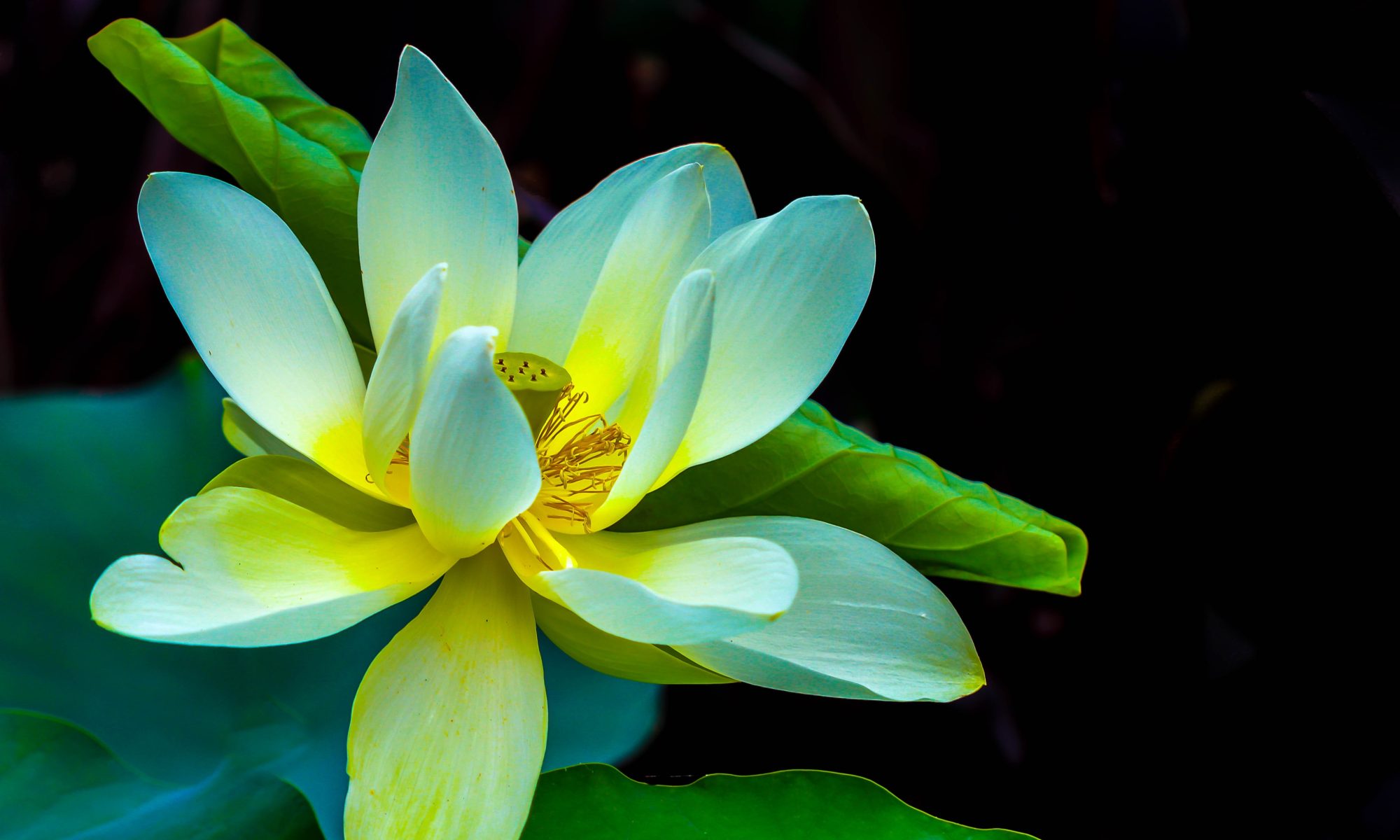Dear Kalyanamittas,
Enclose below are the 17 March 2020 Tuesday class recordings for sharing by all:
Audio link: https://broteoh.com/wp-content/uploads/Teoh-Tue-200317.mp3
Short notes link: https://broteoh.com/wp-content/uploads/Short-Notes-Teoh-Tue-190317.pdf
Bye! and with metta always,
Bro Teoh



